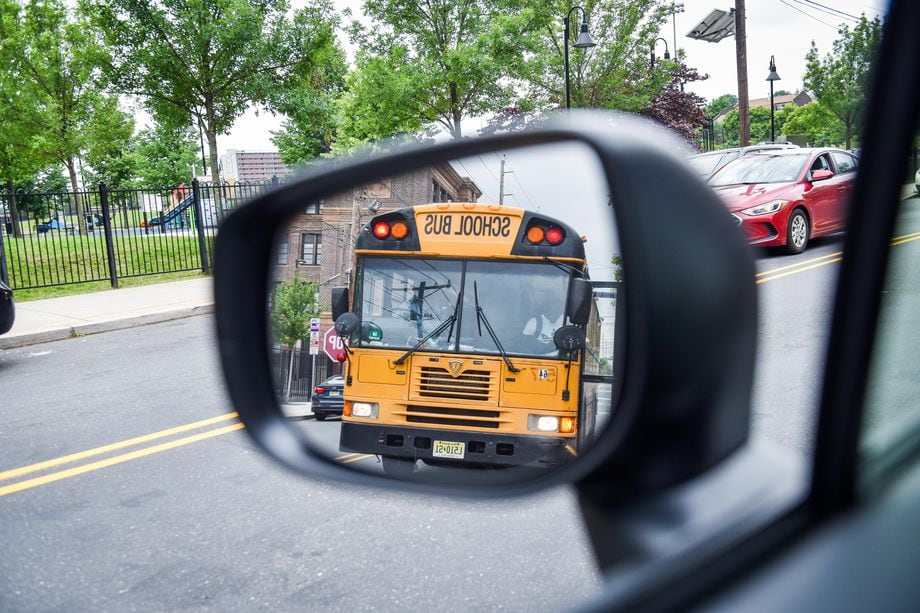Philadelphia School Superintendent William Hite said Wednesday that he has called Gov. Tom Wolf’s office to see if the state’s National Guard could help transport children to school.
The bus driver shortage remains so acute that he felt it was necessary to take that step, he said.
“I made a call to the governor’s office yesterday to start the process of what it would take to consider something like that,” Hite said at a morning press briefing. “They’re amenable to helping us solve the problem.”
The governor’s office said in a statement that “we are working with the schools to evaluate the situation,” noting that the problem does not only affect Philadelphia.
“The administration is aware of the challenges the School District of Philadelphia and some other schools are facing with hiring school bus drivers,” said Lyndsay Kensinger, the governor’s press secretary, in an email. “States across the country are experiencing similar situations.”
Since the start of the school year on Aug. 31, the Philadelphia school district – along with others across the state and nation – has been struggling to find enough school bus drivers to meet its needs. Parents have taken to social media to share stories of children not getting to school on time, not getting home for hours, or being left off at the wrong bus stop.
The impact of the shortage continues to be “pretty strong,” Hite said, acknowledging that many students are “not showing up on time and not being returned home in a timely manner.” The district itself maintains a bus fleet to transport some of its own students and has three bus driver vacancies, Hite said. But the major problem is a labor shortage among the contractors it pays to transport most students, including those attending private and charter schools.
The district is responsible for transporting 45,477 students each day. Students travel by bus, cab and van. Most of its own students transported are those with disabilities, and younger students who live more than a mile-and-a-half from their school or need to cross hazardous routes to get there.
Due to the driver shortage, the district also changed start times for most schools, with most starting at 7:30 a.m., 8:15 a.m. or 9 a.m. That means the same bus could make three runs each morning and afternoon. The upheaval has caused consternation among many families who had to rearrange their own schedules to deal with the last minute changes.
Hite said that many National Guard members have commercial drivers’ licenses, which would allow them to drive a van. They would also have to undergo special training.
This week, Gov. Charlie Baker deployed Massachusetts National Guard members to help drive children to school in several districts. About 250 members were participating in training starting Tuesday.
Philadelphia is also paying parents to provide their own transportation, and recently doubled the amount per month from $150 to $300 as a further incentive. Hite said that so far 2,000 parents have signed up and the district has planned for as many as 10,000 families to choose this option. Last school year, when the district offered hybrid schooling from March through June, 4,000 families signed up for a similar program, he said.
“We’re getting calls every day,” he said.
Hite also said that he would reach out to Amazon, which announced it was creating 4,800 jobs in Philadelphia, to see if it could help, but he wasn’t sure how. He suspected that Amazon’s hiring could worsen the situation because it would be competing for the same pool of workers as the district.
“This is not a problem that money can solve in and of itself,” Hite said.





